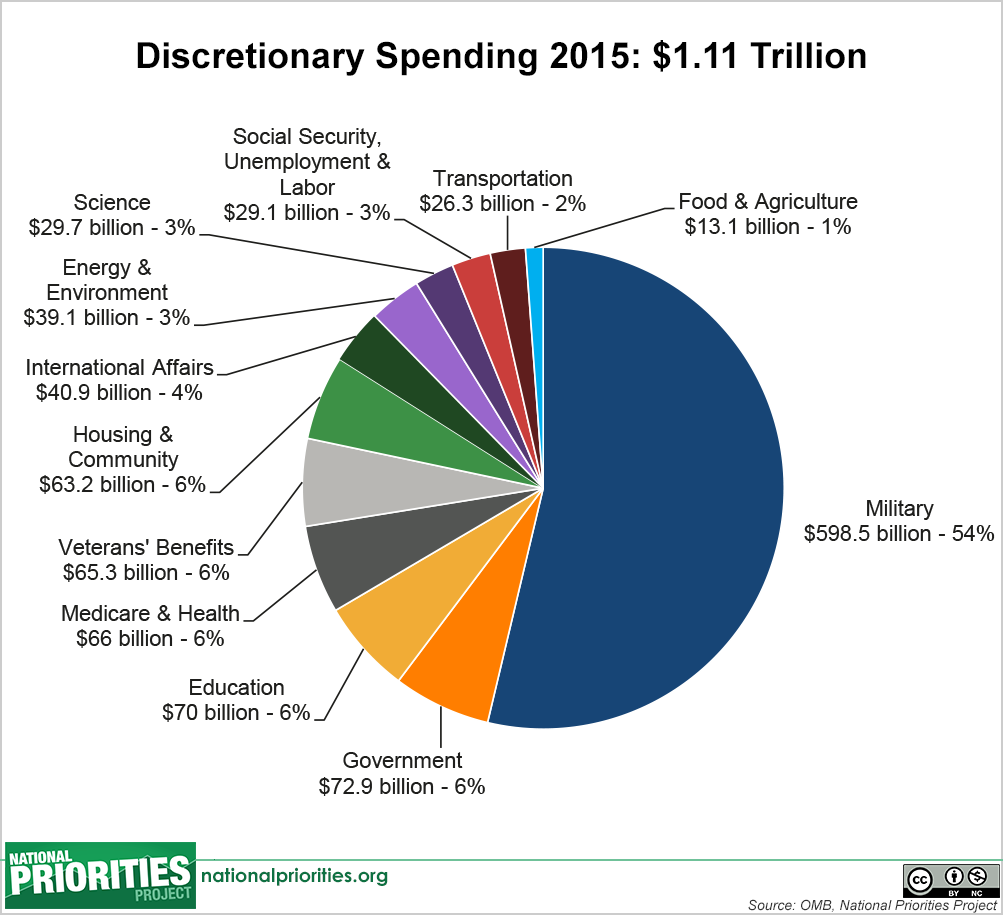Fairly bold words to come from a President, even a fictitious one. Few real apologies exist- David Frost almost got Nixon to apologize in his famous interviews-
Bill Clinton apologized at a breakfast with Christian leaders after his admission didn't seem contrite enough in his admission of an affair with Monica Lewinsky-
Reagan also admitted regret regarding his administration's involvement in the Iran-Contra Affair-
And while President Obama has been called on to apologize for nearly everything by someone at Fox News, he did have to apologize when it became clear that some Health Insurance plans would be cancelled, despite his promises surrounding "Obamacare" legislation.
Let's turn to today's political landscape, shall we? John Oliver (as he often does) gave a fantastic summary about the more flexible relationship with the truth, or more importantly; the truth of their feelings.
As an educator, I took particular interest in accusations of plagiarism in Melania Trump's speech, and how the campaign handled itself in the aftermath. Here is Mrs. Trump's speech next to the suspected source- Mrs. Obama's speech:
The next morning, Paul Manafort (chairman of the Trump campaign) said the following in an interview with CNNTrump campaign chairman Paul Manafort also addressed the controversy on CNN Tuesday morning:
"There's no cribbing of Michelle Obama's speech. These were common words and values. She cares about her family. To think that she'd be cribbing Michelle Obama's words is crazy."
Paul Spicer then became my favorite person in the world, when he decided to share that these were common themes and words, to be found anywhere, so it couldn't be plagiarism:
"Melania Trump said, 'the strength of your dreams and willingness to work for them.' Twilight Sparkle from 'My Little Pony' said, 'This is your dream. Anything you can do in your dreams, you can do now.' "
That's right- My Little Pony was just invoked by the Director of Communications of the Republican National Convention. Here's his face when he drops Twilight Sparkle:
When asked about the RNC Chair, Reince Priebus, stating that he would fire a speechwriter for plagiarizing portions of such a public address,
Fast forward to two days later, and the speechwriter in question, Meredith McIver came forward and admitted that after Melania Trump had shared excerpts from some of Mrs. Obama's speeches over the phone, some phrases were written down and eventually became a part of the final draft.
Now, this entire Speech debacle is the definition of a process story, where the focus isn't on Melania Trump's speech-giving skills or the issues she was discussing, but rather the Trump campaign's inability to manage itself.
Consider this- either the RNC Director of Communications and the head of Trump's own campaign had no idea that it was plagiarism either from looking at the speeches side by side and are incompetent, or they knew the passages were plagiarized and they were sent out (along with lots of other Trump surrogates) to lie. Along the way, of course, they also pointed out several democrats who had been caught plagiarizing (who all apologized for it, though that is clearly beside the point), and managed to find a way to accuse Hillary Clinton of manufacturing the entire thing.
The true problem? There is no, and I mean NO accountability regarding these lies. The public has already moved on to the DNC emails, or whatever else, and these two and countless others continue to be taken seriously by a news industry that can't accuse anyone of lying, because the truth their telling comes from their feelings and experiences.
"We foster, we obfuscate, we rationalize. "Everybody does it." That's what we say. So we come to occupy a moral safe house where everyone's to blame so no one's guilty."
What's Next? S3e11-100,000 Airplanes
Like what you've read? Click on those little buttons to share this blog via facebook, twitter, email, etc!






